- Critical Illness Cover
- Health Cover Benefits
- 2025 Insurance Policies

Simran is an insurance expert with more than 4 years of experience in the industry. An expert with previous experience in BFSI, Ed-tech, and insurance, she proactively helps her readers stay on par with all the latest Insurance industry developments.
Reviewed By:

Anchita has over 6 years of experience in content marketing, insurance, and healthcare sectors. Her motto to make health and term insurance simple for our readers has proven to make insurance lingos simple and easy to understand by our readers.
Updated on Jan 24, 2025 5 min read




Health Insurance And Critical Illness Cover: An Introduction
It can confuse buyers to understand the difference between health insurance and critical illness coverage. Indian health insurers offer different policies to cover various medical expenses. One common insurance category is critical illness health insurance.
This category offers medical coverage for serious ailments involving cancers of various severity, kidney failures, heart attacks, brain strokes, and more. Investing in a regular health policy may help you cover critical illnesses, but that may not be possible. Why? Let us discover the differences.
Health Insurance Vs Critical Care
It is a bad idea to assume that your health insurance plan can cover medical expenses for critical illnesses. Let’s compare health insurance and critical care policies for you to understand the difference clearly.
Coverage Type
Both critical illness and health insurance plans offer different coverage. While health insurance is an indemnity plan, a critical illness offers fixed benefits. What does it mean? You are covered up to the maximum sum insured amount for a comprehensive plan. In a critical illness health plan, you are offered the entire sum insured when diagnosed with a critical illness.
Medical Expenses Covered
Your health policy will offer coverage for various expenses, such as AYUSH care treatment, ICU care, room rent, and ambulance.
On the contrary, a critical illness cover will provide coverage as per policy conditions for severe critical illness treatments like bone marrow transplant, organ transplant, chemotherapy, radiotherapy, etc.
Waiting period Vs. survival period
A comprehensive health cover has various waiting periods like a pre-existing disease waiting period, an initial waiting period, and more. While a critical illness cover asks you to serve a survival period after being diagnosed with a critical illness.
Premium Pricing
A comprehensive health coverage and critical illness policy premium pricing depends entirely on the treatments and additional benefits it provides. However, the premium pricing for comprehensive health insurance plans is slightly higher than critical illness insurance.
Covered Members
You can cover your entire family if you wish to under a health policy, but most critical illness plans offer individual coverage.
 traordinary Facts
traordinary Facts
- A chemotherapy session may cost anywhere between 1 to 2 Lakhs.
- Treatments related to cardiovascular ailments start anywhere from 1 to 3 Lakhs.
- One session of dialysis may cost you anywhere from 15,000 to 20,000.
These skyrocketing costs for critical illness treatments are mostly not covered by your regular health insurance coverage. To understand more about critical health coverage, schedule a personalized call with us today!
Best Health Insurance Plans 2025
Listed below are our top picks for health insurance plans in India.
| Health Insurance Plans | Sum Insured | Why Do We Like It? |
|---|---|---|
| Star Comprehensive Health Plan | INR 5 L to 1 Crore | Versatile features like maternity cover and free health check-ups included |
| Niva Bupa Aspire | INR 3 L to 1 Crore | Global coverage, M-iracle feature for women, and more |
| Care Advantage | INR 25 L to 6 Crore | Unlimited E-consultations, Automatic Recharge, Global Coverage |
| ManipalCigna Pro Health | INR 2.5 L to 1 Crore | Hospital cash benefits, global emergency coverage, and medical inflation protection are available |
| Aditya Birla ActivHealth Platinum Enhanced | INR 2 L to 2 Crore | Mental illness coverage, wellness cover, health coach |
Best Critical Illness Insurance Plans 2025
Listed below are our favorite picks for critical illness insurance plans in India.
| Critical Insurance Plans | Sum Insured | Why Do We Like It? |
|---|---|---|
| Care Heart Plan | INR 3 to 10 L | Knee Replacement surgery cover, Cardiac health check-ups, Automatic recharge |
| Star Cancer Care Platinum Insurance Policy | INR 5 to 10 L | ICU Cover, Cataract Cover, Hospice Care |
| NivaBupa Criticare | INR 3 L to 2 Crore | Cancer Cover, Heart Attack Cover, Permanent Paralysis of limbs |
| Star Cardiac Care Plan | INR 3 and 4 L | Accidents and Non-cardiac ailments cover, Outpatient medical expenses, and Modern treatments cover |
| Star Critical Illness Multipay Policy | INR 5 L to 25 L | Star wellness cover, cancer cover, Brain and nervous system cover |
Health Insurance Vs Critical Illness Insurance: The Right Plan For Me?
While there are several health insurance options out there in the market, one must be aware of their medical needs and requirements. A purchase decision for a health insurance plan or critical illness plan for yourself must be made on the following parameters:
- Consider your family history of critical illnesses like cancer, heart attacks, etc. and opt for critical illness health insurance as compared to a general health insurance plan in such a situation.
- If you have suffered any major ailment such as bypass surgeries, a critical illness plan is your best bet as the insurance plan will cover you for the same after you serve a specified waiting period.
- If you are in the pink of your health and are only looking for a comprehensive health plan look for the best health insurance plans.
- Consider a health insurance plan for yourself if you are in your early or mid-20s as there is a lower chance of developing a critical illness ailment.
However, remember one thing no matter which health insurance category you opt for, you are eligible to avail of tax benefits under section 80D for both.
How To File Health Insurance Claim?
- There are 2 ways to file a health insurance claim, it can either be a cashless claim or a reimbursement claim.
- You can raise a cashless claim when you avail of hospitalisation or medical treatments on the network hospital of your insurance provider. In this case, the network hospital will settle the hospital bill directly with your health insurance provider
- Simply inform the TPA desk in your network hospital and fill out the claim settlement form along with attaching all the necessary documents.
- After the health insurer verifies the submitted form and documents, they will settle your claim.
How To File A Critical Illness Insurance Claim?
- If you are diagnosed with a critical illness, you are required to serve a survival period after which you can file a claim with your health insurance provider.
- Fill in your claim request along with the necessary documents like diagnostic tests, doctor’s prescriptions, and others.
- Your critical illness provider will verify the submitted documents.
- After the claim request is approved, you will receive a lump sum amount which you can use for availing treatments for the same.
Concluding Note
After careful research and review, investing in health insurance will secure your health and finances. However, understanding the key differences between health cover and critical illness coverage is crucial which is explained in the article above.
Connecting with health insurance experts can help you make an informed decision giving you maximum benefit out of your health insurance.
Consult for Personalized Insurance Advice

But how does it work?
Schedule a call with India’s number 1 trusted advisor with a 4.5+ rating on Google. We are not your average insurance agents. Our advisors are experts in their insurance knowledge and will give you the right information at the right time. The service is free of cost! Don’t worry, we won’t spam as we value your time.
Health Insurer Network Hospitals
Health Insurance and Critical Illness Cover: FAQs
1. What is a critical illness health plan?
A critical illness health plan provides you coverage against a set of listed critical illnesses such as cancer, heart attacks, brain, and nervous system ailments, etc. It is designed specifically to tackle life-threatening ailments and offer a comparatively higher amount of coverage.
2. What is a comprehensive health insurance plan
A comprehensive health insurance plan is an indemnity-based health insurance. It covers you for a vast range of healthcare services such as AYUSH treatments, daycare procedures, ambulance cover, room rent, etc.
3. What is the difference between a critical illness health plan and health insurance?
A health insurance plan offers you comprehensive coverage and takes care of every feature of healthcare whereas a critical illness plan offers you coverage against listed life-threatening illnesses.
4. Can I avail of tax benefits on both health insurance and critical illness insurance?
Yes, you can avail of tax benefits under section 80D for any category of health insurance plan you choose.
5. What is the survival period in health insurance?
A survival period is the tenure that a policyholder must go through after they have been diagnosed with a critical ailment. After serving the survival period your health insurance policy provides you with the necessary coverage.
Health Insurance Companies
Know More About Health Insurance Companies
Share your Valuable Feedback
4.4
Rated by 2629 customers
Was the Information Helpful?
Select Your Rating
We would like to hear from you
Let us know about your experience or any feedback that might help us serve you better in future.


Written By: Simran Kaur Vij
Simran is an insurance expert with more than 4 years of experience in the industry. An expert with previous experience in BFSI, Ed-tech, and insurance, she proactively helps her readers stay on par with all the latest Insurance industry developments.
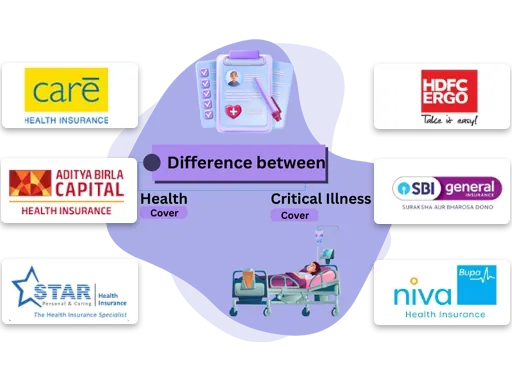





 Reviewed By: Anchita Bhattacharyya
Reviewed By: Anchita Bhattacharyya


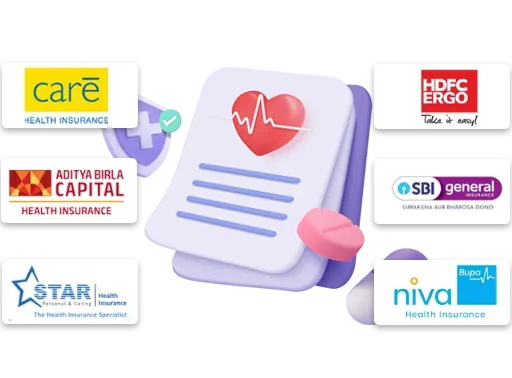
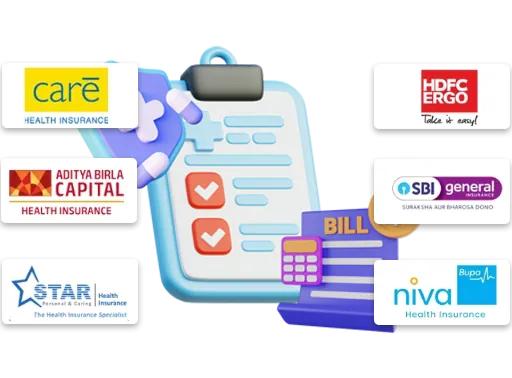
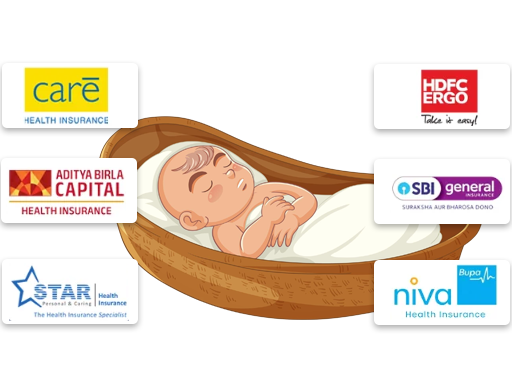
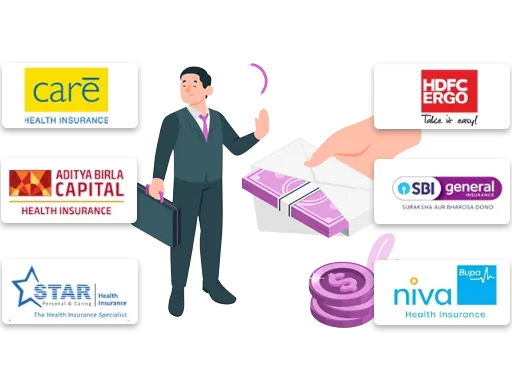
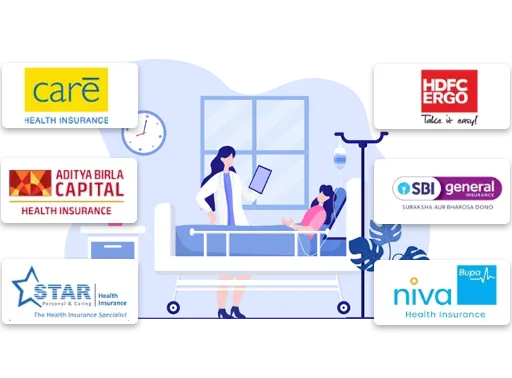
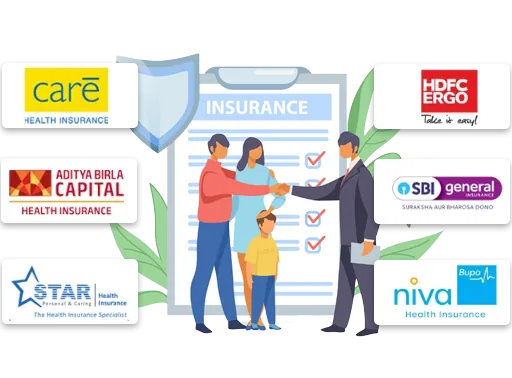
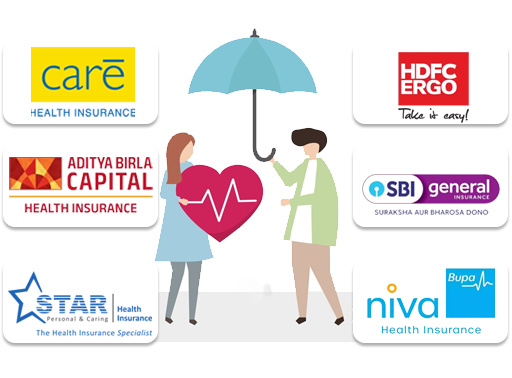
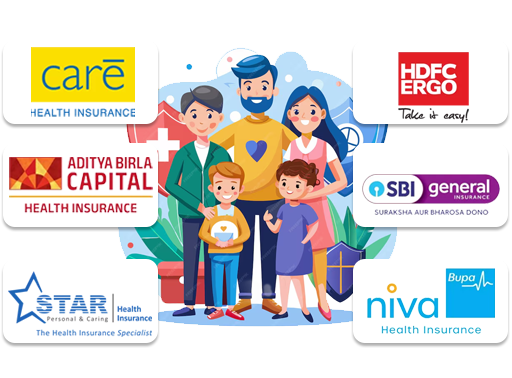
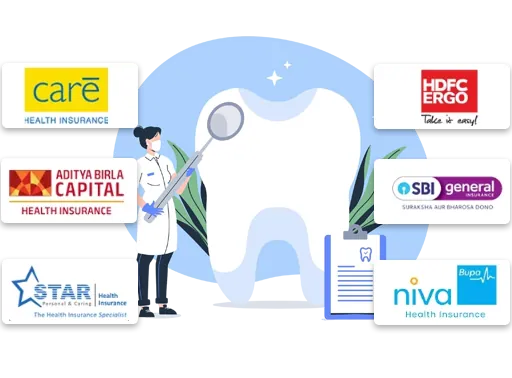
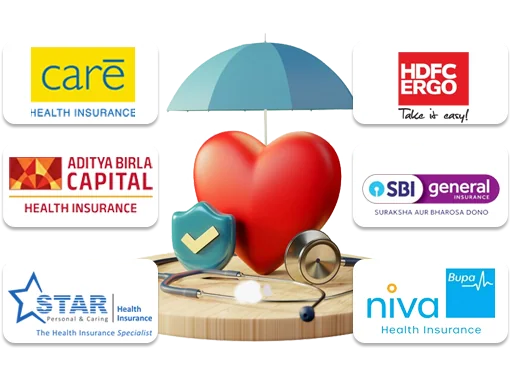
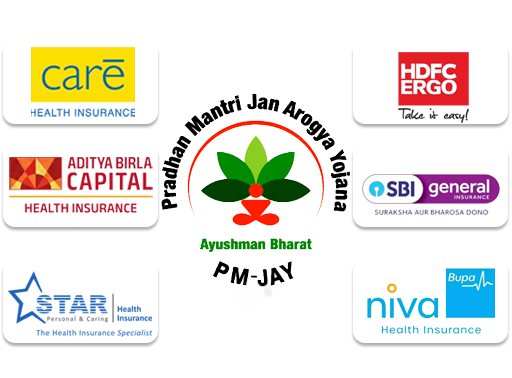
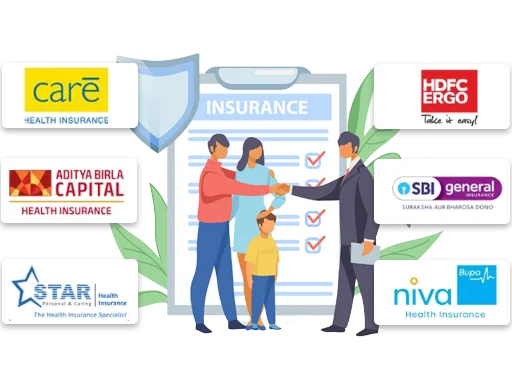




Do you have any thoughts you’d like to share?